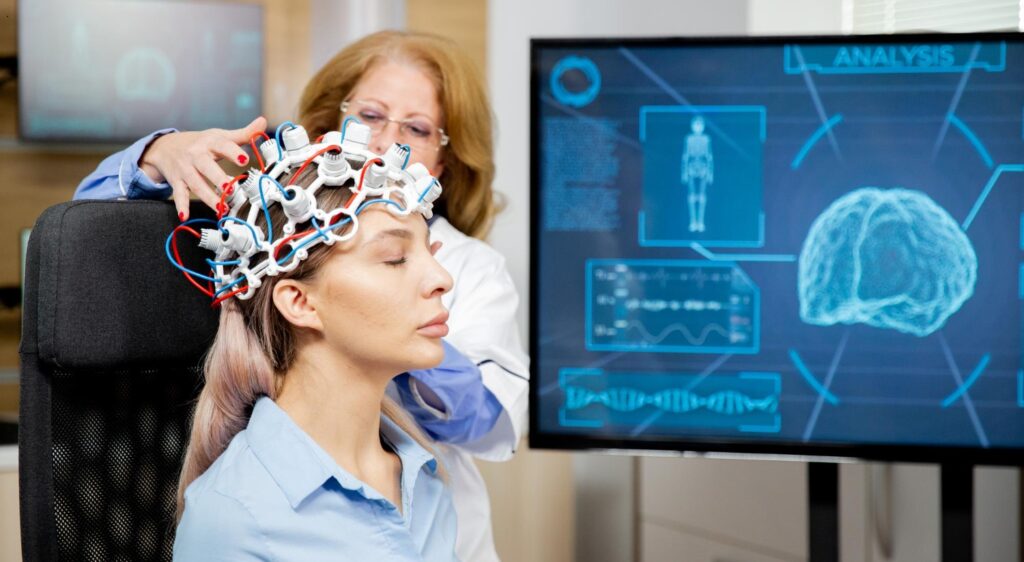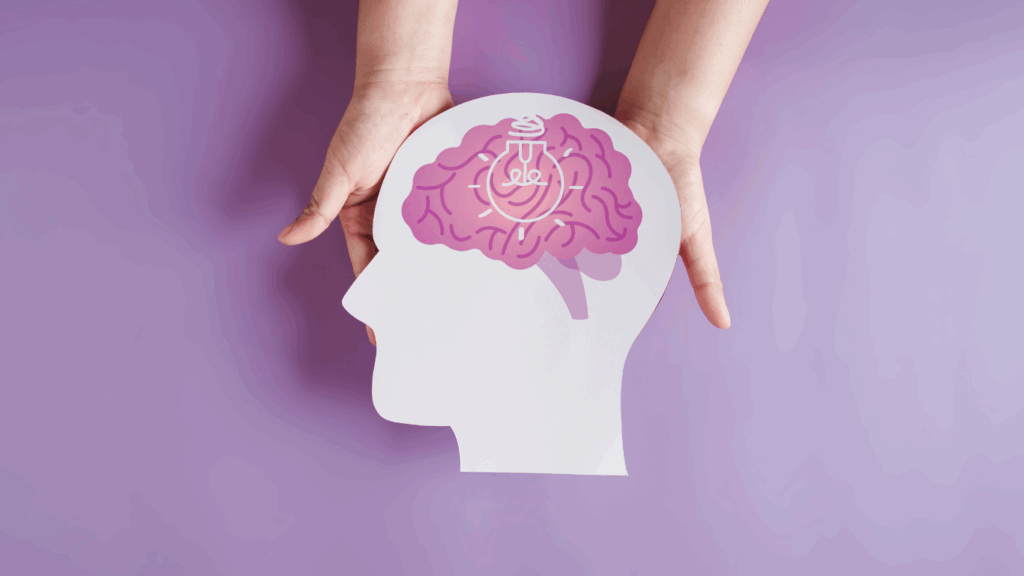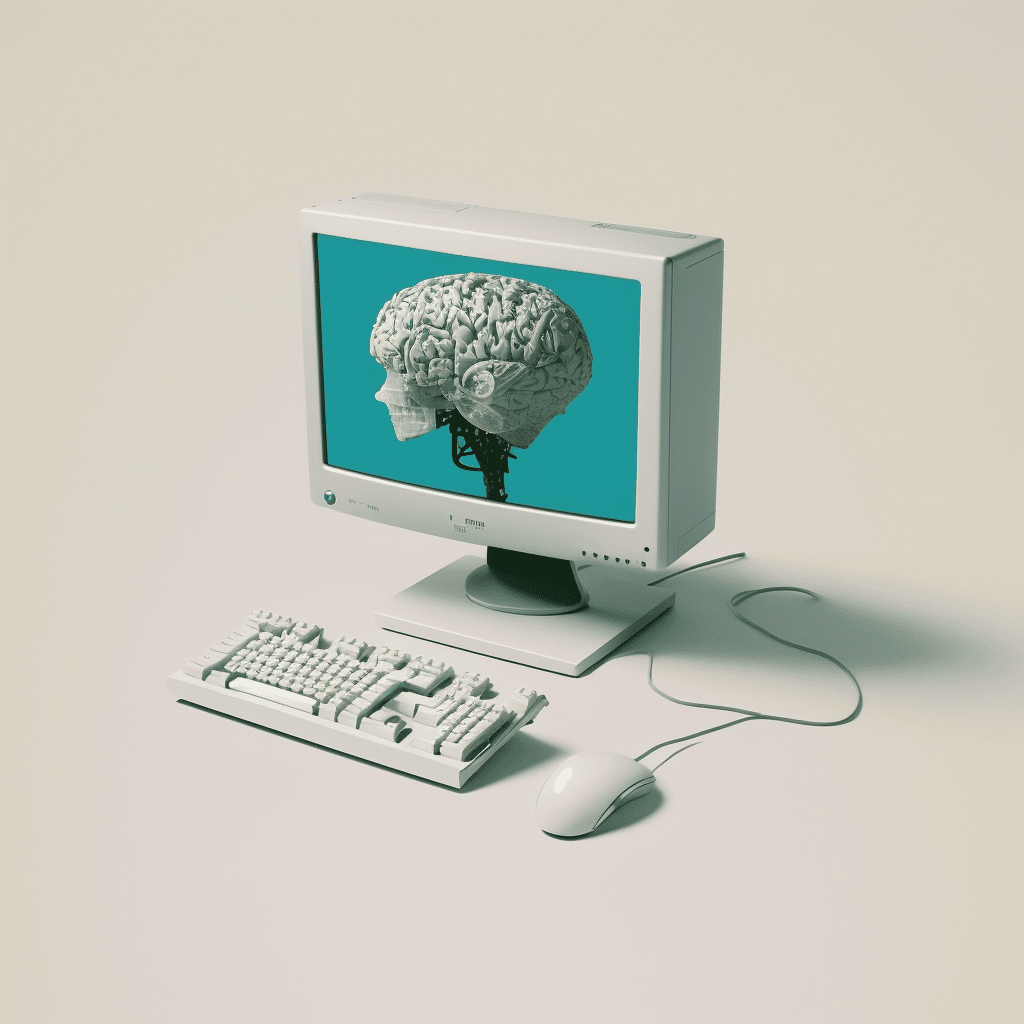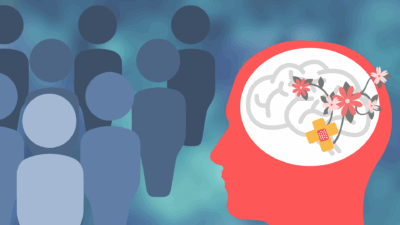
In an era marked by rapid technological progress, the field of psychology is undergoing a significant transformation. As therapists and researchers explore innovative methods to enhance the healing process, artificial intelligence emerges as a powerful ally. Imagine a world where mental health challenges are addressed with unprecedented precision and tailored care. This article delves into the revolutionary role of AI in therapy, examining current trends, practical applications, and the ethical implications of its integration. Join us as we explore how AI is not replacing the human touch, but rather enhancing it to create breakthrough mental health treatments.
The Emergence of AI in Modern Therapy
The rise of artificial intelligence in everyday life has been revolutionary—especially in psychology. AI has paved the way for innovative therapeutic tools that support and enhance traditional methods. Today, powerful algorithms and data analytics provide practitioners with deeper insights into patients’ emotional and behavioral patterns.
Traditionally, therapists have relied on subjective interpretations and self-reported experiences. However, AI adds an objective layer to diagnosis, enabling data-driven strategies that accurately predict psychological trends. Tools such as emotion recognition software, natural language processing, and predictive modeling are transforming both diagnosis and intervention.
Moreover, the evolution of AI is creating a bridge between technological innovation and compassionate care. Researchers have found that combining AI with traditional therapeutic empathy can lead to more effective, personalized mental health solutions. This marks the beginning of a new era in psychological therapy, where technology and human insight work hand in hand to produce better patient outcomes.
Bridging the Gap: How AI Enhances Therapeutic Practices

Artificial intelligence is proving to be a game-changer in therapy. One of its key advantages is its capacity to analyze vast amounts of complex data that would overwhelm human efforts. By detecting subtle patterns in patient behavior and feedback, AI systems enable therapists to create more targeted and effective treatment plans.
A striking example of AI’s impact in therapy is the rise of chatbots and virtual assistants. Leveraging natural language processing, these tools provide immediate support, assist in crisis intervention, and offer preliminary diagnostics. When combined with human supervision, they ensure that patients receive both prompt care and the personalized attention that only human therapists can deliver.
Additionally, AI-powered platforms continuously monitor patient progress and adapt therapeutic strategies in real time. This dynamic, responsive approach not only reassures patients but also enhances the continuity of care. The synergy of human sensitivity and machine precision allows treatment plans to evolve alongside the patient’s journey, promoting sustainable mental health improvements.
Ethical Considerations and the Future of AI in Psychology
As AI reshapes therapeutic practices, it brings critical ethical questions to the forefront. One major concern relates to patient privacy and data security. With vast amounts of sensitive information processed and stored by AI systems, maintaining confidentiality is paramount. Therapists and developers must adhere to strict data protection protocols.
Another challenge is the potential for bias within AI algorithms. These systems, trained on pre-existing datasets, may inherit systemic biases that could lead to skewed treatment recommendations, ignoring patients’ unique cultural or socio-economic contexts. Implementing rigorous oversight and ethical guidelines is essential to mitigate these risks.
Looking ahead, the success of AI in psychology will depend on balancing innovation with ethical responsibility. Progressive regulations and comprehensive testing frameworks are vital to ensure that AI tools deliver accurate, equitable, and compassionate care. Collaboration among industry leaders, policymakers, and ethical boards will nurture an environment where the benefits of AI are fully realized without compromising the standards of psychological practice.
Real-Life Examples: AI in Action in Psychological Therapy

Numerous case studies illustrate how AI is making tangible improvements in therapy. For instance, innovative platforms are using machine learning to aid in the early diagnosis of conditions such as depression and anxiety. By analyzing patient responses and biometric data, AI tools provide data-driven assessments that bolster clinical decisions.
Another notable application is the use of virtual therapy assistants in rural or underserved regions, where access to mental health professionals is limited. These AI-driven solutions offer round-the-clock support, ensuring that patients receive immediate help during crises. Such examples highlight AI’s role in bridging gaps in mental health care.
Moreover, collaborations between tech companies and mental health providers have led to platforms that facilitate remote therapy sessions, real-time patient monitoring, and adaptive treatment plans. These initiatives demonstrate how cutting-edge technology, combined with human empathy, is pioneering new approaches to psychological healing.
Integrating AI and Traditional Approaches: A Holistic View

While AI offers significant benefits, it is important to recognize that it cannot replace human empathy and clinical expertise. The most effective mental health treatments emerge when cutting-edge technology is combined with the core elements of traditional therapy. This integrated approach creates a more balanced and holistic model of care.
Therapists are increasingly blending AI-driven insights with proven techniques such as cognitive-behavioral and psychodynamic therapies. This hybrid strategy allows clinicians to address both data-driven aspects of mental health conditions and the nuanced, personal experiences of each patient.
Ultimately, the goal is to foster a symbiotic relationship between technology and therapy. By preserving the human touch that lies at the heart of psychological healing and using AI as a supportive tool, mental health professionals can improve diagnostic precision, customize treatments, and enhance outcomes for diverse populations.
Content Additional
To further explore the revolutionary potential of AI in psychological therapy, consider the growing body of research shaping this dynamic field. Academic institutions around the world are teaming up with technology companies to study the long-term impact of AI-enhanced therapy. Early studies indicate that these systems not only improve early detection of mental health issues but also boost continuous patient engagement—a critical factor for sustained recovery.
In addition, there is a noticeable trend toward personalized medicine in psychology. By leveraging AI’s ability to analyze genetic, behavioral, and environmental data, clinicians are now able to develop customized treatment plans that address the root causes of psychological distress. This tailored approach is especially important for complex disorders where one-size-fits-all treatments fall short.

The digital transformation in mental health education is another intriguing development. As AI continues to evolve, training programs for therapists are incorporating modules on how to effectively use these cutting-edge tools in clinical practice. Workshops and certification courses in AI-enhanced therapy are emerging globally, ensuring that clinicians remain at the forefront of the field.
Moreover, as AI technologies become more mainstream, interdisciplinary collaborations are on the rise. Psychologists, data scientists, and ethicists are working together to ensure that AI integration is both responsible and effective. This collaborative approach fosters innovation and helps balance the benefits and challenges of these transformative tools.
Moreover, as AI technologies become more mainstream, interdisciplinary collaborations are on the rise. Psychologists, data scientists, and ethicists are working together to ensure that AI integration is both responsible and effective. This collaborative approach fosters innovation and helps balance the benefits and challenges of these transformative tools.
In conclusion, integrating AI into psychological therapy represents a transformative evolution in mental health care. By harnessing AI’s precision, scalability, and the ability to offer personalized insights, therapists are better equipped to meet the diverse needs of their patients. While the journey toward full integration is complex and laden with ethical challenges, the potential for improved outcomes is undeniable. Embracing a hybrid model that combines traditional empathy with advanced technology is essential for a future where therapy is more accessible, responsive, and effective. The collaboration between human expertise and AI innovation promises to create a more balanced and impactful approach to psychological healing.




